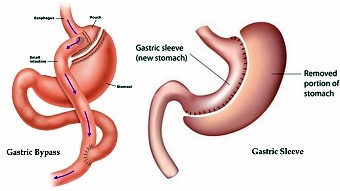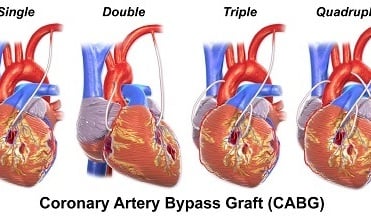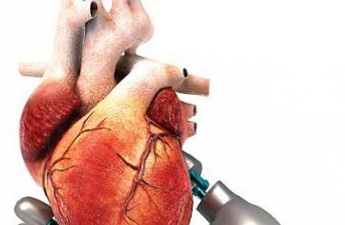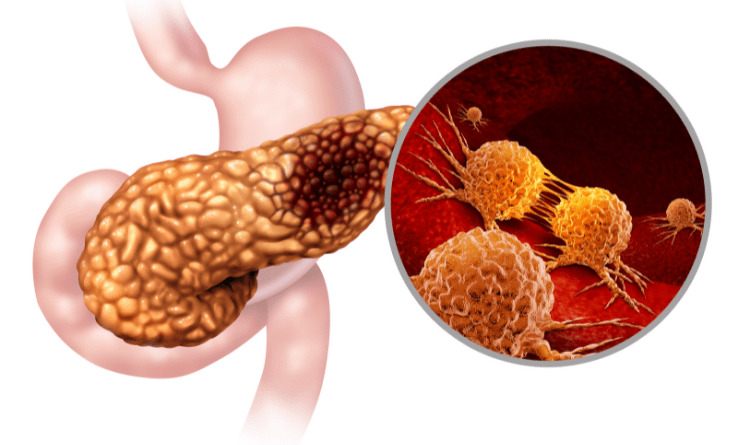Sleeve Gastrectomy Vs Gastric Bypass

Sleeve Gastrectomy Vs Gastric Bypass
While deciding which type of bariatric surgery to opt for, a number of factors is to be kept in mind, which includes how much weight loss is required, kind of health problems, risk level and cost. Both procedures involve reducing stomach size, but in different ways. However, both are permanent operations that reduce the appetite and lead to the highest percentage of weight loss.
| Sleeve Gastrectomy | Gastric Bypass |
Procedure | In a sleeve gastrectomy procedure the side part of the stomach is removed, producing a tube shaped stomach (sleeve) | A small stomach pouch is created which is directly attached to the intestines, so that the food bypass the stomach. |
How it will help to lose weight |
| This procedure limits the amount of food that can be eaten at one time & will help the person stay full for a longer period of time. |
Average surgery time | 1.5– 3.5 hours | 2 – 4 hours |
Hospital stay | 2- 12 days | 2 – 8 days |
Recovery time | 2 - 4 weeks | 2 weeks |
| Cost | The cost of sleeve gastrectomy surgery in India starts from USD 5,300 | The cost of gastric bypass surgery in India starts from USD 6,000 |
Good candidate |
|
|
Expected weight loss | 50-70% of excess body weight in the first two years is reduced with the help of sleeve gastrectomy. | 60 – 80% of excess body weight is reduced in the first year post the gastric bypass surgery. |
Speed of weight loss | Targeted weight loss is seen after two years | Targeted weight loss is seen in the first year |
Dietary guidelines |
|
|
Benefits | The benefits of sleeve gastrectomy are:
| Following are the benefits of gastric bypass surgery:
|
Complications | No risk of dumping syndrome | Risk of dumping syndrome |
Risk & disadvantages | Sleeve gastrectomy risks include:
| The risks of gastric bypass surgery are:
|
Get in Touch with Medical Experts
Most Searched Blog

Heart Surgery

Heart Transplant

Atrial Septal Defect
